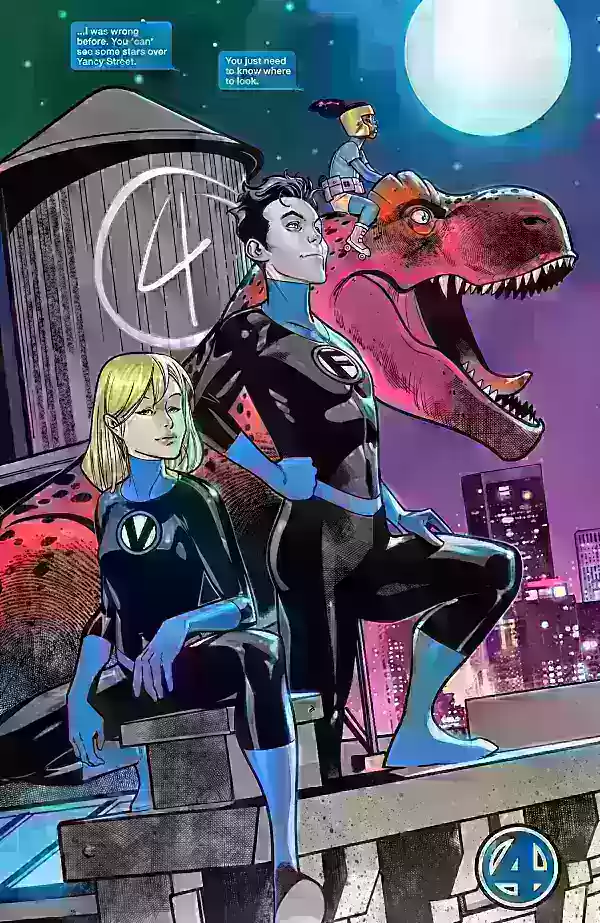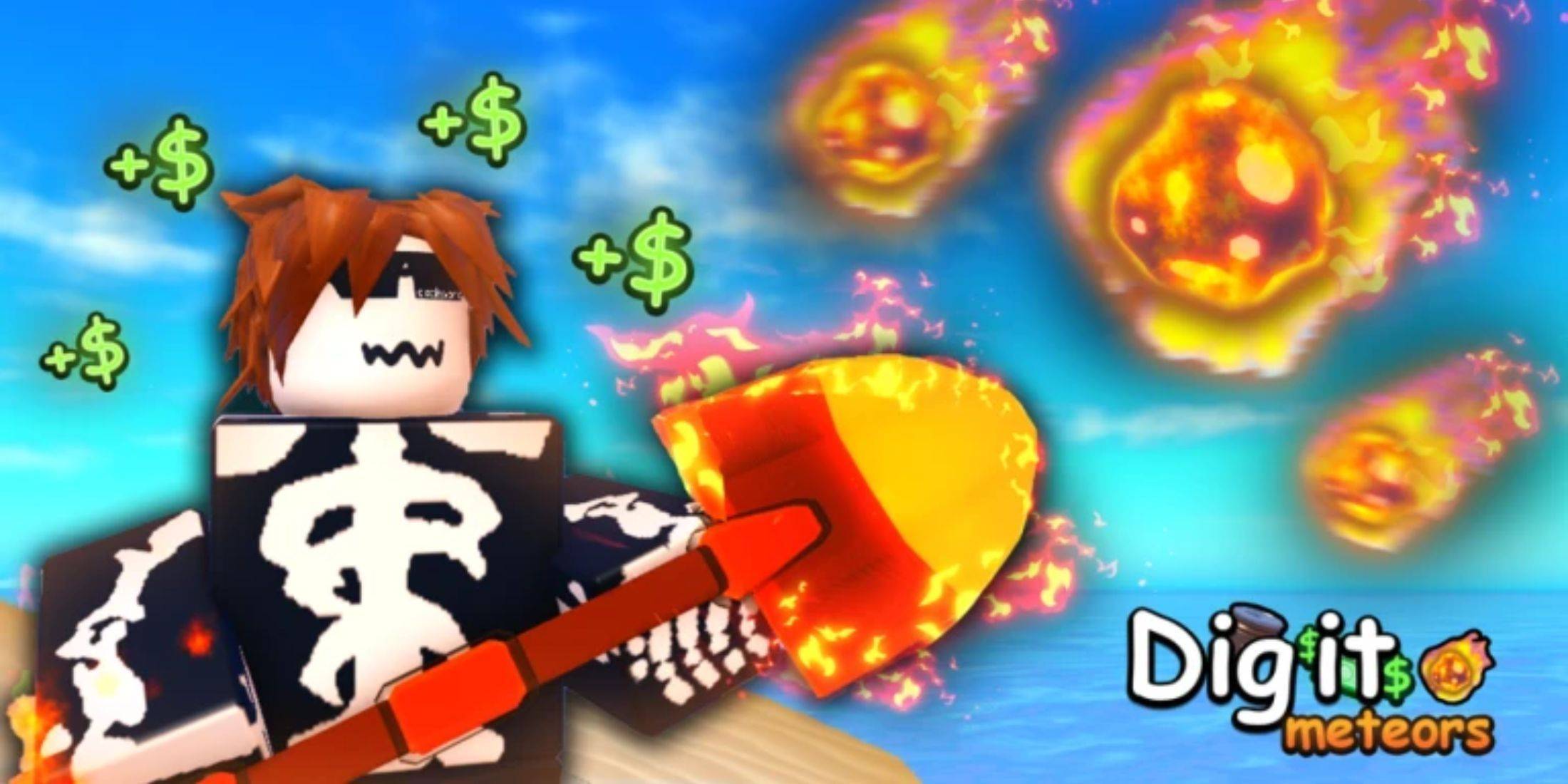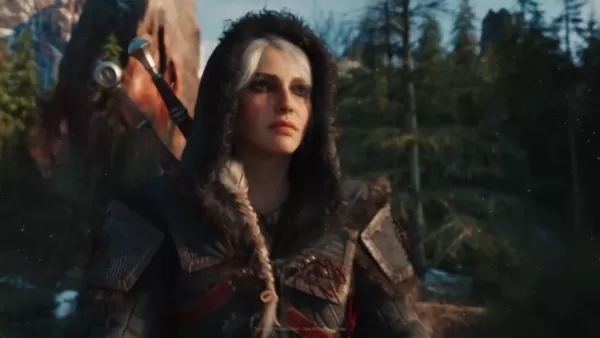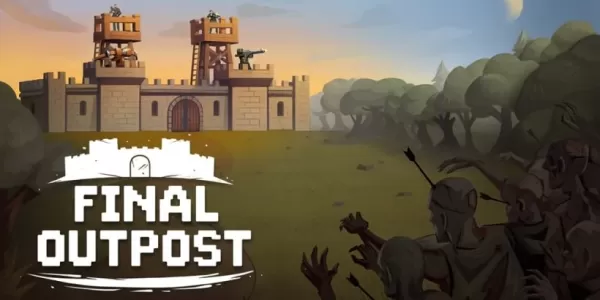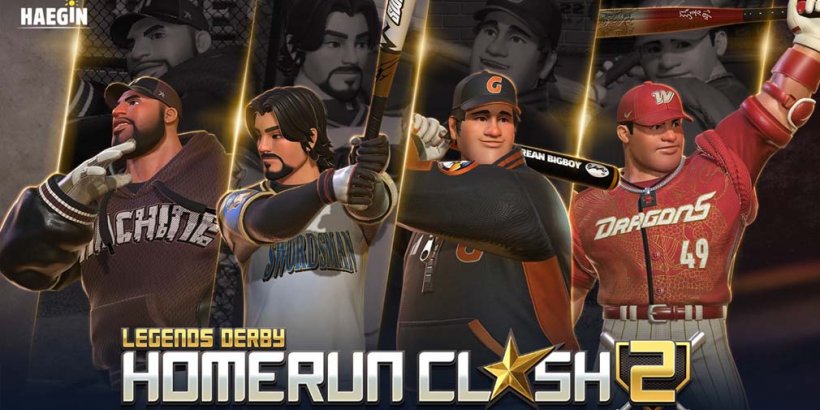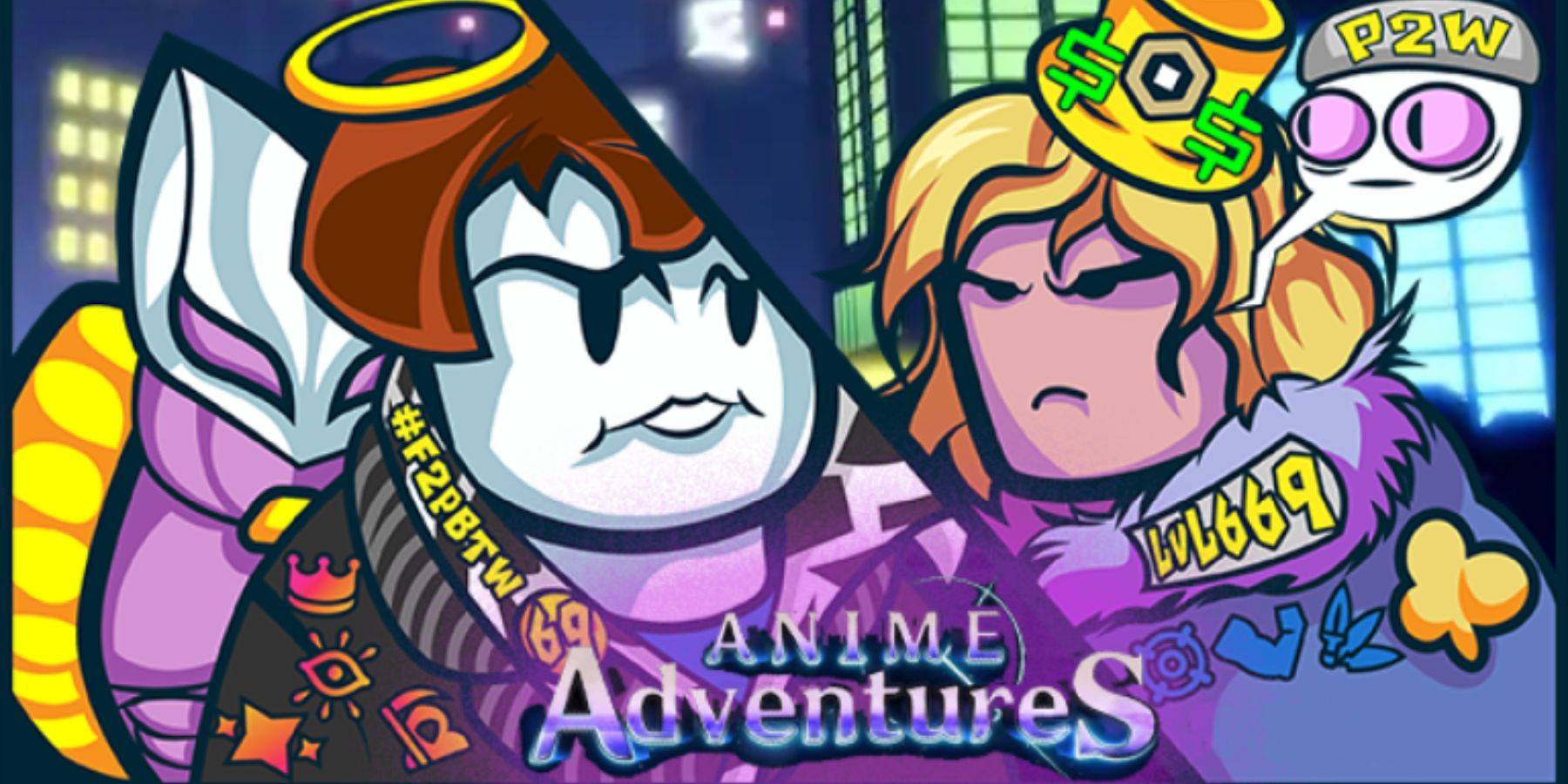Shuhei Yoshida Resisted Sony's Live Service Strategy
Former PlayStation executive Shuhei Yoshida has expressed his reservations about Sony's controversial push into live service video games, highlighting the inherent risks and challenges of this strategy. Yoshida, who served as President of SIE Worldwide Studios from 2008 to 2019, shared his insights during an interview with Kinda Funny Games, reflecting on Sony's recent experiences with live service titles.
Sony's journey into live service games has been marked by both successes and failures. Arrowhead's Helldivers 2 emerged as a standout success, achieving the title of the fastest-selling PlayStation Studios game ever, with an impressive 12 million copies sold in just 12 weeks. However, this success was overshadowed by the struggles of other Sony live service games, such as the disastrous launch and subsequent cancellation of Concord.
Concord's failure was particularly costly for Sony, with an initial development investment of around $200 million, according to a report by Kotaku. This sum did not cover the entire development cost, nor did it include the acquisition of the Concord IP rights or Firewalk Studios. The game's short-lived existence, lasting only a few weeks before being taken offline due to low player engagement, led to its eventual shutdown and the closure of its developer.
The Concord debacle followed the cancellation of Naughty Dog's The Last of Us multiplayer game and recent reports of Sony canceling two unannounced live service projects, including a God of War title at Bluepoint and another at Bend Studio, the developers behind Days Gone.
Yoshida, who recently left Sony after 31 years, discussed the company's approach to live service games. He acknowledged that Sony was aware of the risks associated with entering the highly competitive live service genre. He explained that under Hermen Hulst's leadership, Sony allocated additional resources to explore live service games while continuing to support single-player titles.
"For me, I was managing this budget, so I was responsible for allocating money to what kinds of games to make," Yoshida stated. "If the company was considering [going] that way, it probably didn’t make sense to stop making another God of War or single-player game, and put all the money into the live service games."
He added, "However, what they did when I left and Hermen [Hulst] took over is the company gave us a lot more resources. I don’t think they told Hermen to stop making single-player games. [They said] 'these games are great, keep doing that, and we’ll give you additional resources to work on these live service games and try it.'"
Yoshida emphasized the unpredictable nature of game success, citing Helldivers 2's unexpected triumph as an example. He expressed hope that Sony's strategy would eventually pay off, despite his personal inclination to resist the live service direction if he were in Hulst's position.
In a recent financial call, Sony's president, COO, and CFO Hiroki Totoki reflected on the lessons learned from both the success of Helldivers 2 and the failure of Concord. Totoki admitted that Sony should have implemented development checkpoints, such as user testing and internal evaluations, much earlier in the process. He suggested that earlier intervention could have helped improve Concord before its launch.
Totoki also pointed to Sony's "siloed organization" and Concord's unfortunate release timing, which coincided with the launch of the highly successful Black Myth: Wukong, as contributing factors to its failure. He stressed the importance of better coordination across organizational boundaries and optimizing release windows to avoid cannibalization and maximize performance.
Sony's senior vice president for finance and IR, Sadahiko Hayakawa, echoed Totoki's sentiments during the same financial call, emphasizing the company's intent to share the lessons learned from both Helldivers 2 and Concord across its studios. Hayakawa highlighted the need to strengthen development management systems and build an optimal portfolio that balances Sony's strengths in single-player games with the potential upside of live service titles.
Looking ahead, Sony continues to develop several live service games, including Bungie's Marathon, Guerrilla's Horizon Online, and Haven Studio's Fairgame$. As the company navigates this challenging landscape, it remains committed to learning from past experiences and refining its approach to game development.









